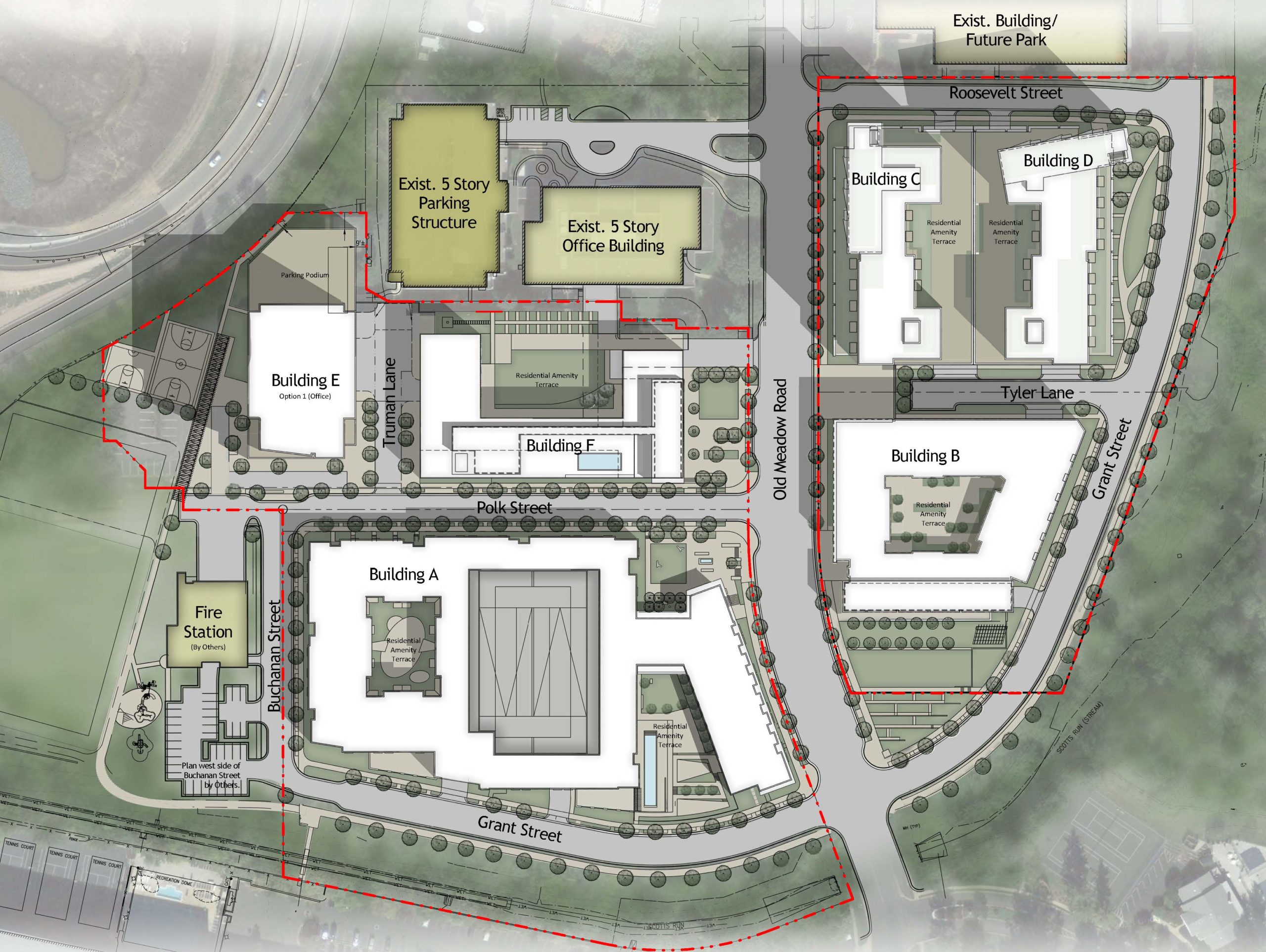Okay, here's that blog post, aiming for friendly, helpful, and human:
```html
Ever feel like your week is running you, instead of the other way around? Like you're constantly putting out fires and never actually getting to the things that truly matter? I totally get it. We've all been there. The good news is, you don't need hours of planning to take back control. You can actually plan your entire week in just 30 minutes, and I'm going to show you how.
The "Why" Behind the 30-Minute Week Plan
Before we dive into the "how," let's talk about the why.Why is spending even 30 minutes planning your week so important? For me, it boils down to two things: reducing stress and increasing productivity.
- Stress Reduction: When you have a plan, even a simple one, you eliminate that nagging feeling of "what am I forgetting?" You know what needs to be done, and when you're going to do it.
- Increased Productivity: Planning helps you prioritize tasks. You're less likely to waste time on low-impact activities when you've consciously chosen to focus on the things that will move the needle.
Common Planning Challenges (And How to Overcome Them)
Okay, so planning sounds great in theory, but what about the real-world obstacles? Here are some common challenges and how to tackle them:
- Overwhelm: Trying to plan every single minute of your day can be paralyzing.
- Solution: Focus on key priorities and big blocks of time. Leave room for flexibility.
- Perfectionism: Getting caught up in making the "perfect" plan that is unrealistic to achieve.
- Solution: Remember, a plan is a guide, not a rigid contract. It's okay to adjust it as needed. Aim for "good enough" over perfect.
- Procrastination: Avoiding planning altogether because it feels like another task on your already long to-do list.
- Solution: Schedule your planning session! Treat it like an important appointment you can't miss. Set a timer for 30 minutes and commit to sticking to it.
- Lack of Clarity: Not knowing what you actually want to achieve that week.
- Solution: Reflect on your longer-term goals. What small steps can you take this week to move closer to them?
Your 30-Minute Week Planning Guide: Step-by-Step
Alright, let's get down to the nitty-gritty. Here's my proven 30-minute week planning process:
Step 1: Review Last Week (5 minutes)
What worked well? What didn't? What needs to be carried over? This quick review helps you learn from your past experiences and avoid repeating mistakes.
Step 2: Brain Dump (5 minutes)
Write down everything that's on your mind – tasks, appointments, errands, ideas, worries. Don't censor yourself, just get it all out on paper (or a digital document). This clears your head and makes it easier to prioritize.
Step 3: Prioritize (10 minutes)
Now, go through your brain dump and identify your top 3-5 most important tasks for the week. These are the things that will have the biggest impact on your goals. Use the Eisenhower Matrix (Urgent/Important) or the Pareto Principle (80/20 rule) if you need help.
Step 4: Schedule (5 minutes)
Block out time in your calendar for those top priorities. Be realistic about how long each task will take and schedule them when you're most productive. Don't forget to schedule breaks and downtime too!
Step 5: Add Supporting Tasks (5 minutes)
Now, fill in the remaining time with smaller tasks from your brain dump. Group similar tasks together to minimize context switching. Remember to leave some buffer time for unexpected events.
A Little Story: The Power of a Sunday Evening Plan
I used to dread Mondays. I'd wake up feeling overwhelmed and stressed, with no clear idea of what I needed to accomplish. Then, I started dedicating 30 minutes every Sunday evening to plan my week. The change was incredible. I went from feeling reactive and stressed to proactive and in control. I found that getting my brain organized before the week even started reduced my anxiety about the coming work week and allowed me to enjoy my weekends more fully.
Helpful Tools and Resources
- Calendar Apps: Google Calendar, Outlook Calendar, Apple Calendar (choose your favorite!)
- Task Management Apps: Todoist, Asana, Trello (experiment to see what works for you)
- Note-Taking Apps: Evernote, One Note, Notion (for your brain dump and planning notes)
- Physical Planner: If you prefer pen and paper, a physical planner can be a great option. I really like the Full Focus Planner because it helps you track progress towards your bigger goals.
FAQ: Your Week Planning Questions Answered
Q: What if my plans change during the week?
A: That's perfectly normal! Life happens. Just re-evaluate your priorities and adjust your schedule accordingly. Don't beat yourself up about it.
Q: Should I plan every single detail of my day?
A: No! That's a recipe for burnout. Focus on your top priorities and leave room for flexibility and spontaneity.
Q: What if I don't have 30 minutes?
A: Start with 15 minutes. Even a shorter planning session is better than no planning at all.
Conclusion
Taking just 30 minutes to plan your week can make a huge difference in your stress levels, productivity, and overall sense of control. By reviewing, brain dumping, prioritizing, scheduling, and adding supporting tasks, you can create a roadmap for a successful and fulfilling week. And remember, it's a flexible guide, not a rigid set of rules. So, give it a try and see how it transforms your week!
```
